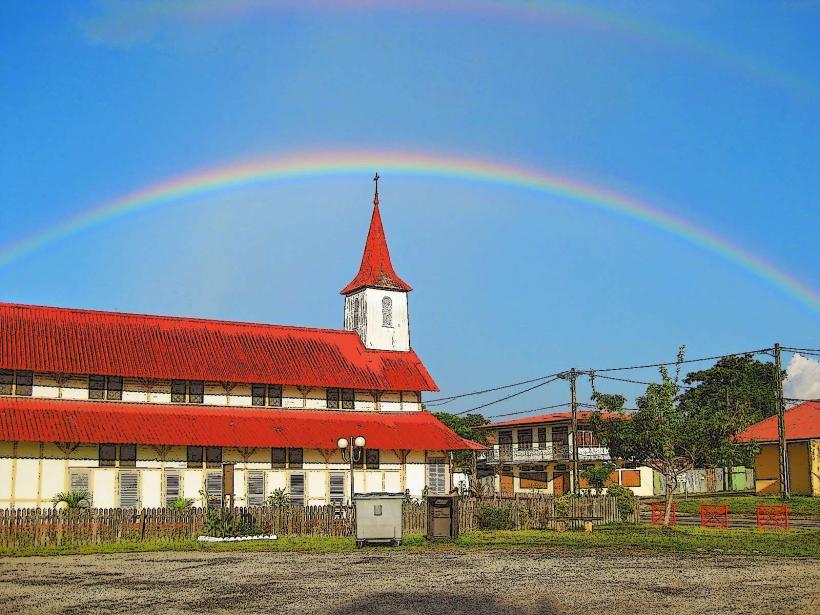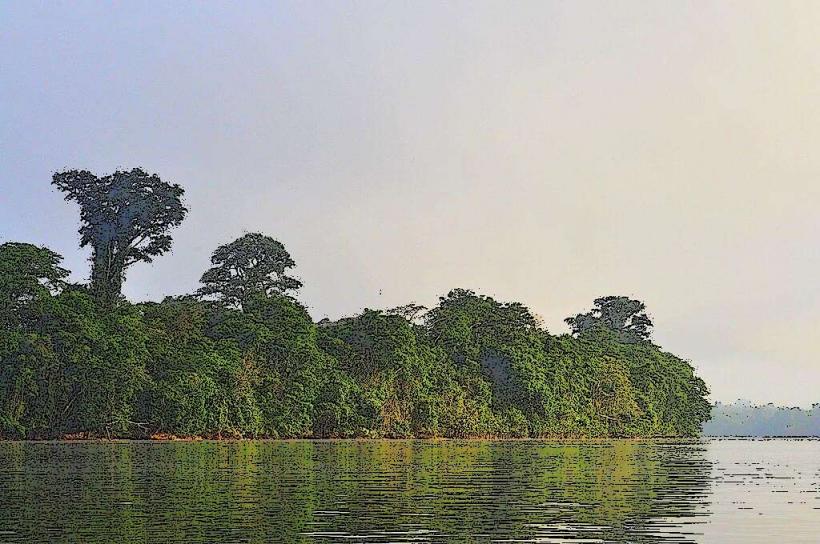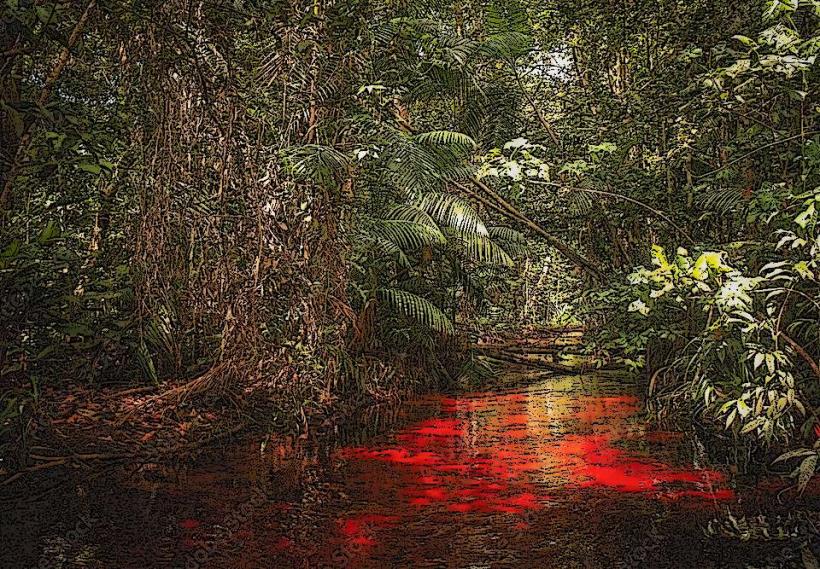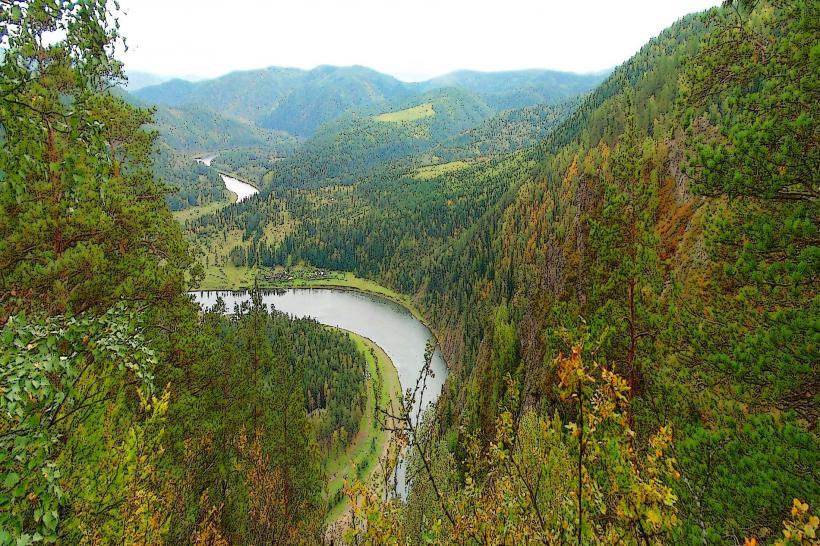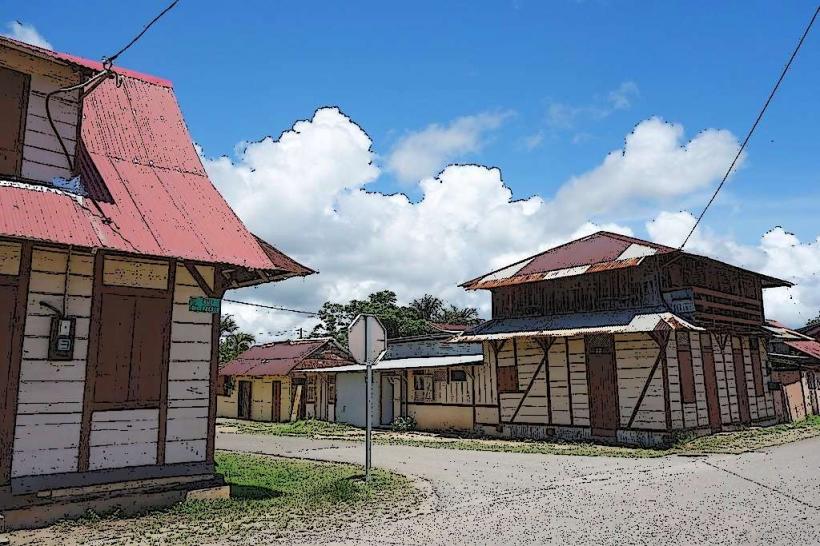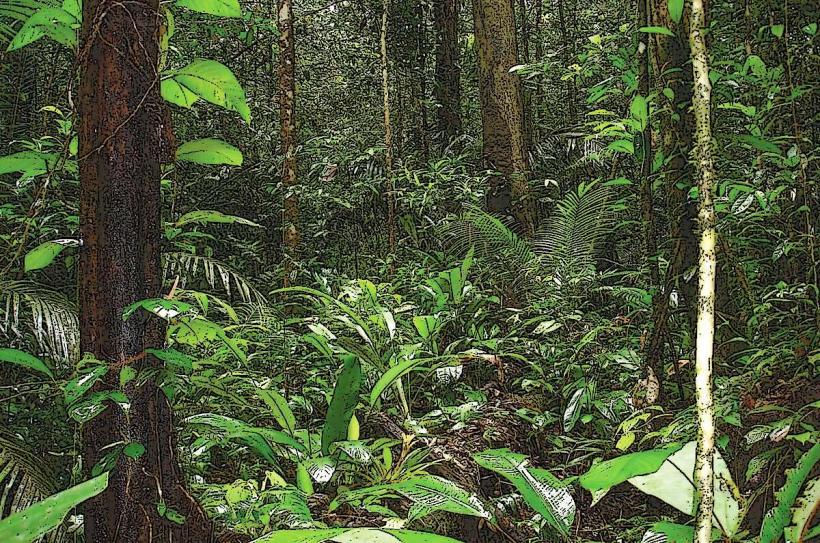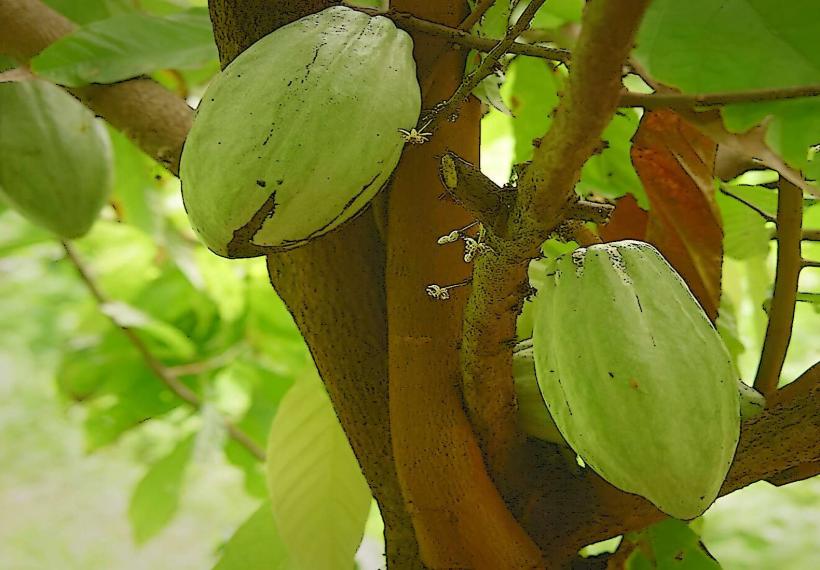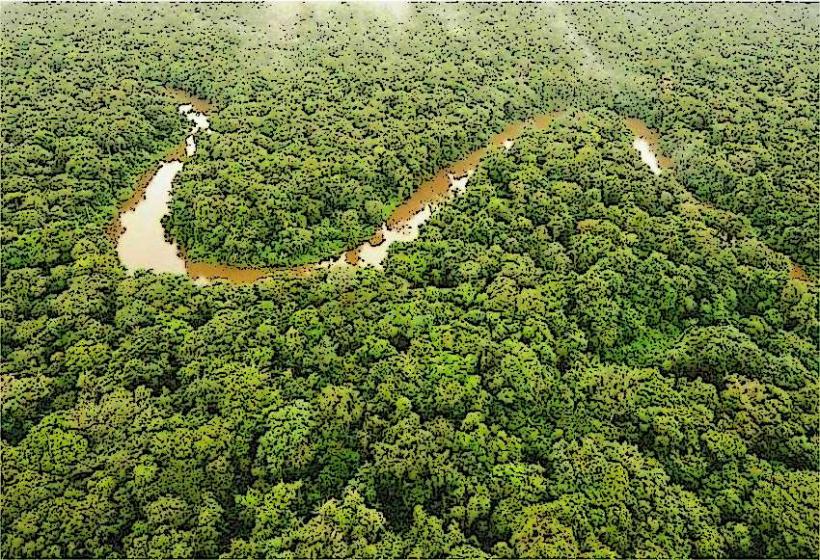Information
City: IracouboCountry: French Guiana
Continent: South America
Iracoubo, French Guiana, South America
Iracoubo is a coastal commune in French Guiana located on the RN1 highway, approximately halfway between Kourou and Saint-Laurent-du-Maroni. It is internationally recognized for its historic church, which represents one of the most significant examples of "convict art" in the world.
Historical Timeline
The name "Iracoubo" originates from the Kali'na language, meaning "place of the great river."
19th Century: Founded as an agricultural settlement focused on coffee and cocoa.
1886–1893: Father Prosper Raffray initiated the construction of the village's permanent church to replace a temporary shed.
1892–1898: Pierre Huguet, a convict from the nearby penal colony sentenced for burglary, decorated the interior of the church.
1978: The church was designated a French national historic monument.
Demographics & Population
The population is approximately 1,500. Most residents are concentrated in the main town and the neighboring village of Bellevue. The demographic is a mix of:
Creoles: The primary population group in the town center.
Amerindians: Particularly the Kali'na people, who have lived in the region since the pre-colonial era.
Brazilians & Surinamese: Involved in local agriculture and trade.
Top Landmarks
Église Saint-Joseph (Saint Joseph's Church): Often called the "Sistine Chapel of the Amazon." The interior features over $600\text{ m}^2$ of frescoes, wall paintings, and ceiling decorations in a naive style, all painted by Pierre Huguet.
The Iracoubo River: A major waterway used for traditional fishing and increasingly for ecotourism.
Bellevue Village: A traditional village located 5 km from the town center, offering a view of modern Kali'na communal life.
Transportation Network
Road: Situated directly on the RN1, the main artery of French Guiana. It serves as a primary "pit stop" for travelers moving between Cayenne/Kourou and the Surinamese border.
Bus: Served by the TIG (Long Distance Transport of Guyana) network, which connects the town to Cayenne and Saint-Laurent-du-Maroni.
River: The Iracoubo River is navigable by pirogue, primarily for local transport and access to inland agricultural plots.
Safety & Health
Yellow Fever: Vaccination is mandatory for entry and strictly enforced at checkpoints.
Malaria & Dengue: The commune is surrounded by mangroves and marshes, making it a high-risk area for mosquito-borne illnesses. Bite prevention is essential.
Road Safety: The RN1 is a high-speed road; travelers should exercise caution when pulling off for the church, as heavy truck traffic is constant.
Digital & Financial Infrastructure
4G coverage is available in the town center but is unstable in the surrounding forests. There are no major banks or ATMs in Iracoubo; visitors should ensure they have sufficient Euros (€) before leaving Sinnamary or Kourou.
Climate & Ecology
Climate: Tropical equatorial. It is characterized by extreme humidity and heavy rainfall, which has historically caused significant moisture damage to the foundations and artwork of Saint-Joseph's Church.
Environment: The area is a transition zone between the Atlantic coastal marshes and the primary rainforest.
Local Cost Index
1 Espresso: ~€2.50 ($2.70)
1 Local Meal: ~€12–€18 ($13–$19)
1 Entry to Church: Free (donations for restoration are standard).
Facts & Legends
A verified historical oddity is that the artist Pierre Huguet attempted to escape from the penal colony six times while working on the church. Local legend suggests that he hid secret messages or caricatures of prison guards within the religious frescoes, though most of the imagery remains strictly biblical.

